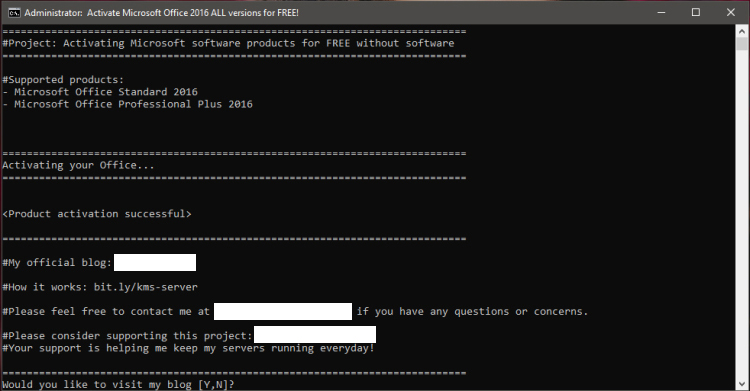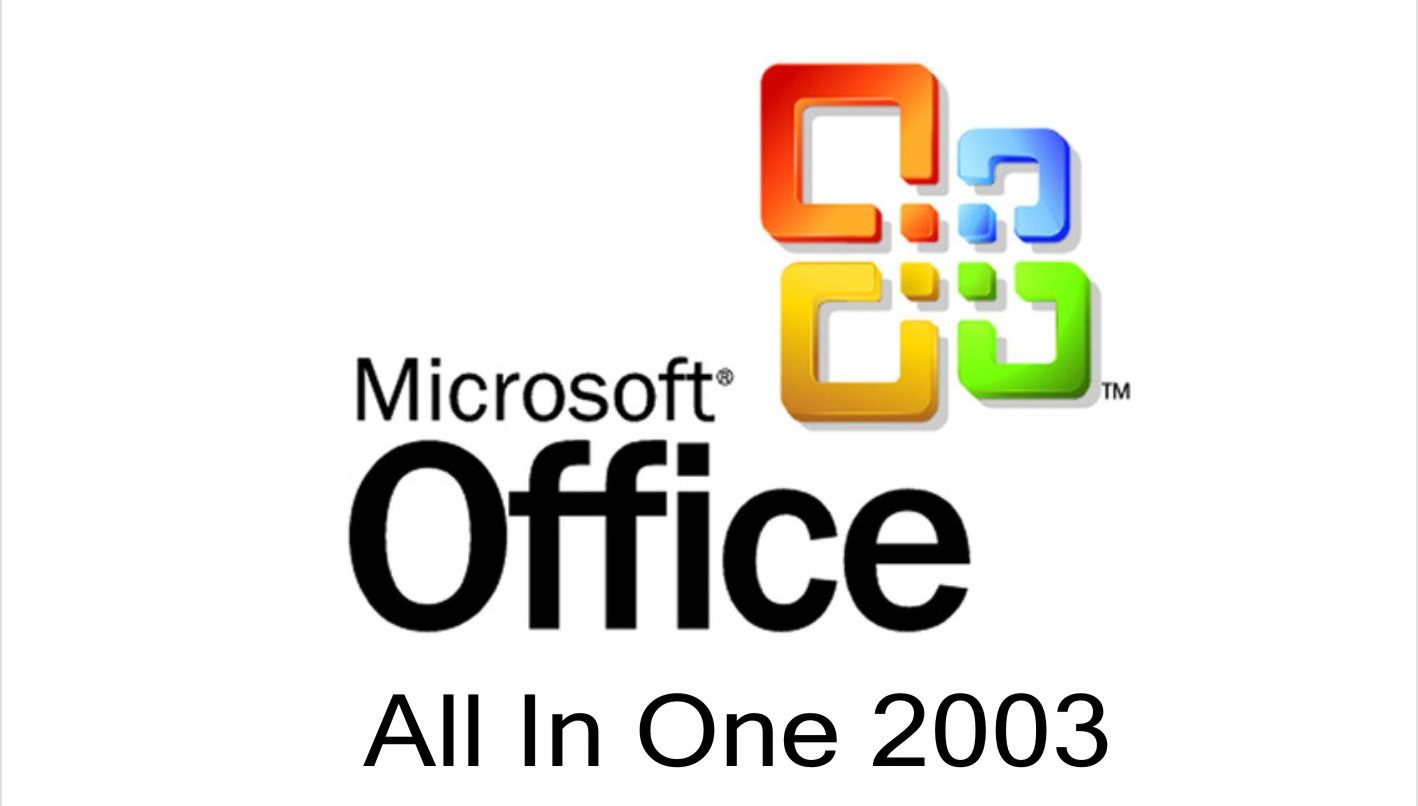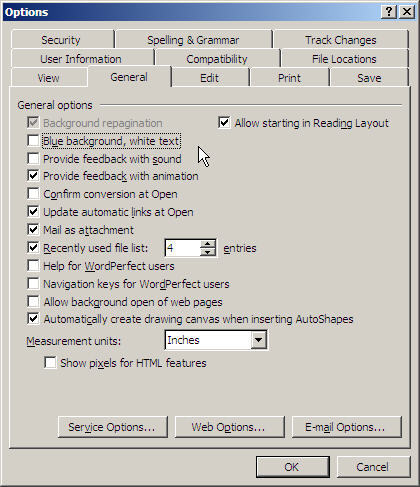

Many interviewers do not ask questions, thinking that it is the candidate's job to sell themselves. It's important to refrain from making assumptions and to ask the candidate questions about their qualifications and experience to see if they are a good fit for the position. This is especially true when the interviewer has no information about the candidate other than what is on the resume. Interviewers often make assumptions about candidates, such as assuming that they are not qualified or that they will not be a good fit for the position. They don't realize that good candidates want interviewers who are interested in them and their careers. Interviewers often feel the need to do most of the talking in an attempt to impress people with how knowledgeable they are about what they do and their industry. The candidate is there to give you information, not hear all of yours. The interviewer needs to be prepared to ask questions that are relevant to the job and to assess how well the candidate can fill the position's requirements. The selection interview is just as much about the employer as it is about the candidate.

You'll get better information from more open-ended questions that encourage candidates to explain their thought process with examples from their own experience.Įmployers often think that the selection interview is all about the candidate and not about themselves. These types of questions may appear to help you assess how the candidate thinks about a work situation, but they actually just reveal their interpretation of your question. Such questions include 'What would happen if…?' 'What would you do if…?' 'How would you respond if…?' Hypothetical questions are difficult for candidates because they don't know what you want them to say or how you think they should answer the question. The selection interview is the time to find out how well they can do the job and how they think about their work. The selection interview is not the time to point out how the candidate could do better.

Focusing on Weaknesses Instead of Strengths It's better to wait until you have determined that this person is a good fit for the job and then discuss salary and benefits.Ĥ. If you ask about salary and benefits too early in the process, you may lose the opportunity to interview the best candidates. People are often reluctant to say what they want to be paid, and that's understandable. Asking About Salary and Benefits Too Early in the ProcessĮspecially if it is not an hourly position that does not have guaranteed hours of work. If you really want to know why the candidate left his/her last job, wait until after the person is hired, then ask for a 'reference check.' That allows you to get critical information without violating any laws. The selection interview is about where they want to go with their careers and how fast can your organization move them there. The selection interview is not about what people have done in the past, even if they are changing jobs because they were fired or laid off. Focusing on the Past Instead of the Future The important point is to avoid any questions that are not related to the job for which the candidate is interviewing. For example, 'How old are you?' is not a legal question, but 'Are you over 18 years of age?' is legal. It's also the questions that seem legal but really aren't. It's not just the obviously illegal questions that get people into trouble, although they are common ones to avoid: race, age, religion, marital status, etc., so I won't enumerate them here. Not following up with candidates who aren't selected for an interview. Judging candidates based on appearances alone. Here are the 10 worst mistakes in the selection interview:įocusing on the past instead of the future.Īsking about salary and benefits too early in the process.įocusing on weaknesses instead of strengths. The selection interview is your opportunity to see how the candidate does the job (the task), how they think about their work (the process), and how they talk about themselves (the person). It's also hard for them to recognize their own weaknesses. It's difficult for many people to be objective about their own work and how they do that work. The scholarship interview mistakes to avoid is a critical part of the hiring process, perhaps the most critical part because if you get this wrong, you're not going to hire anyone… period! The 10 Worst Mistakes In The Selection Interview


 0 kommentar(er)
0 kommentar(er)
